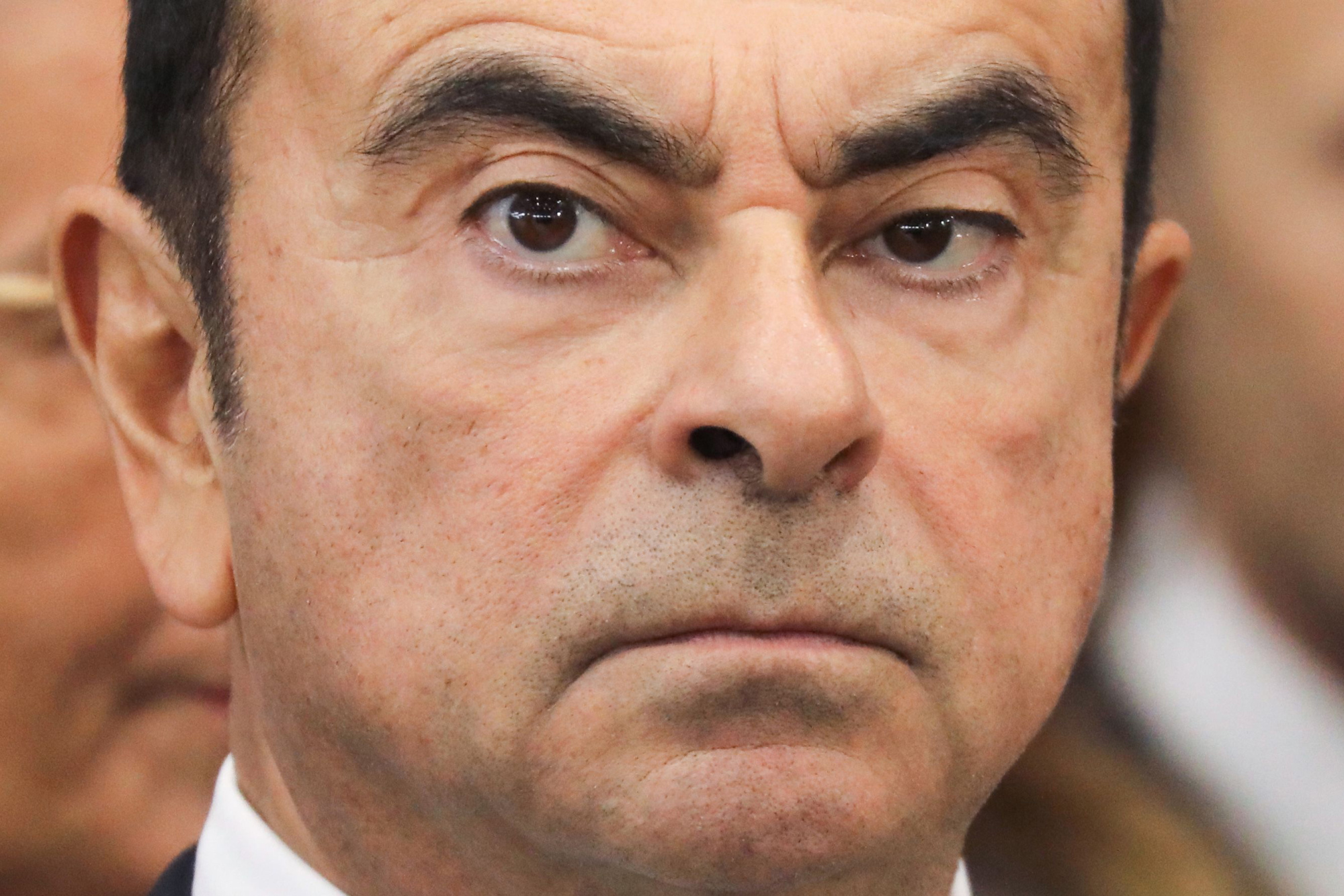On Nov. 19, Carlos Ghosn, the board chair and former CEO of Nissan, was arrested at Tokyo's Haneda airport on suspicion of under-reporting income and misusing corporate funds for personal purposes; he remains in custody. Less than two weeks later, Meng Wanzhou, the chief financial officer of Huawei and daughter of its founder, was arrested in transit at Vancouver's airport on charges by the United States that Huawei had violated U.S. sanctions against Iran; out on bail, she now awaits an extradition hearing.
These two cases are technically unrelated. But both underscore an important truth: In a globalized world, domestic legal processes can have major international repercussions.
Ghosn's arrest put Japan's justice system on trial in the court of world opinion. In fact, Japan lacks many of the elements of due process found in Anglo-American jurisprudence, such as the right to have a lawyer present during questioning. As a leading Japanese criminal defense attorney, Makoto Endo, put it, Japan's criminal justice system operates on the premise of "guilty until proven guilty."

















With your current subscription plan you can comment on stories. However, before writing your first comment, please create a display name in the Profile section of your subscriber account page.